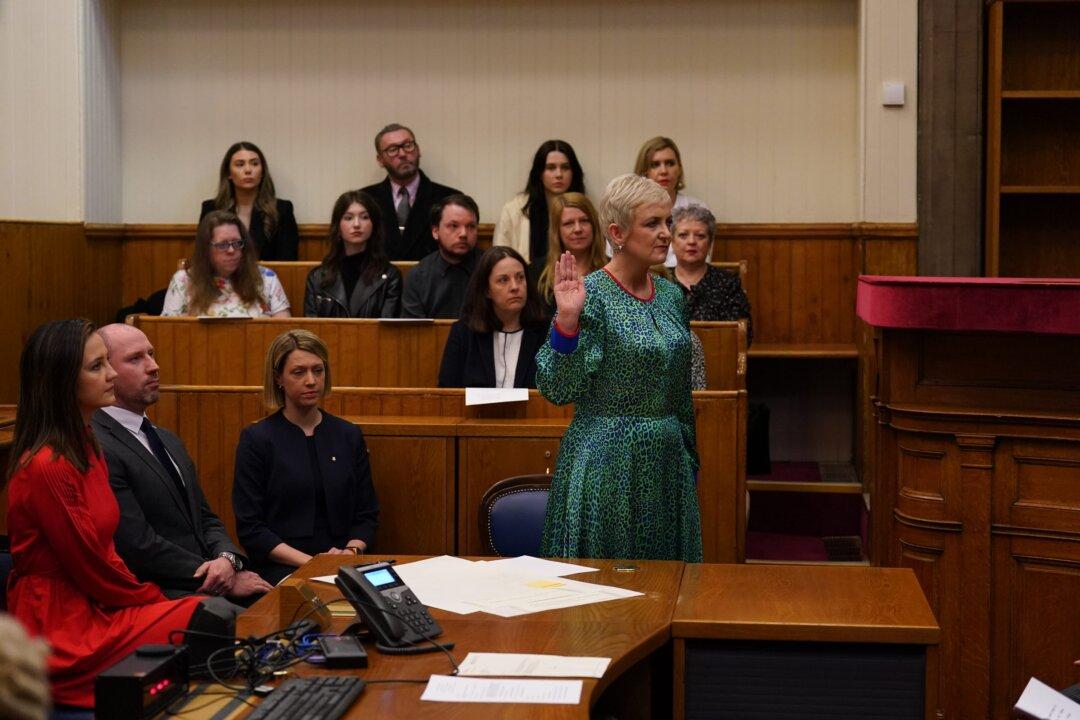The Scottish government has published new legislation which, if passed, would scrap Scotland’s not proven verdict—which dates back to the 17th century—and would also allow for no-jury trials in some rape cases.
The Victims, Witnesses and Justice Reform (Scotland) Bill would also reduce the number of jurors in Scottish trials from 15 to 12, bringing it in line with courts in England and Wales.





